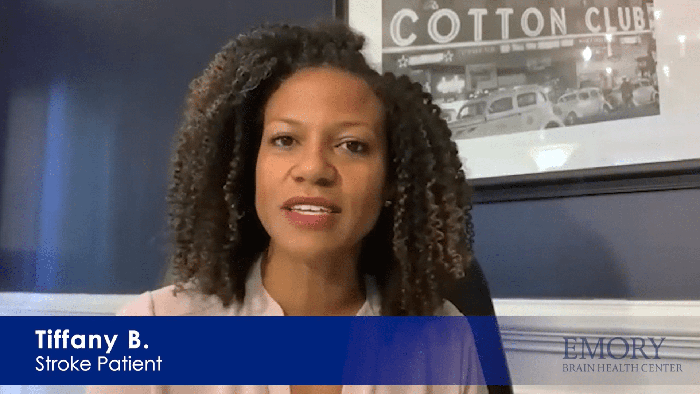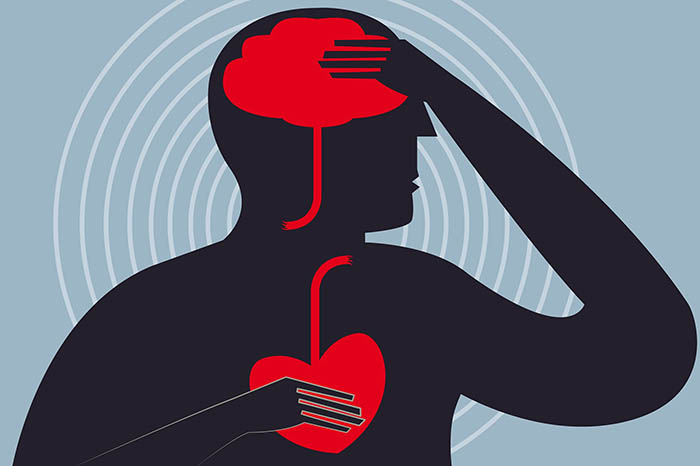For healthcare providers and researchers, the COVID-19 pandemic is challenging, but it also presents an opportunity to better understand how this virus affects the body. While we’re getting better and better at slowing the spread, treating those who become ill, and now have a vaccine, there are still many questions that remain on the symptoms and side effects caused by COVID-19 and how they vary between patients.
Recently, researchers at Emory conducted a study that explored the relationship between stroke and COVID-19 patients. The results were clear: Researchers found that rates of unexplained stroke were higher among COVID-19 patients.
While that can sound alarming, it’s important to take a deeper look at the study and what researchers were investigating.




